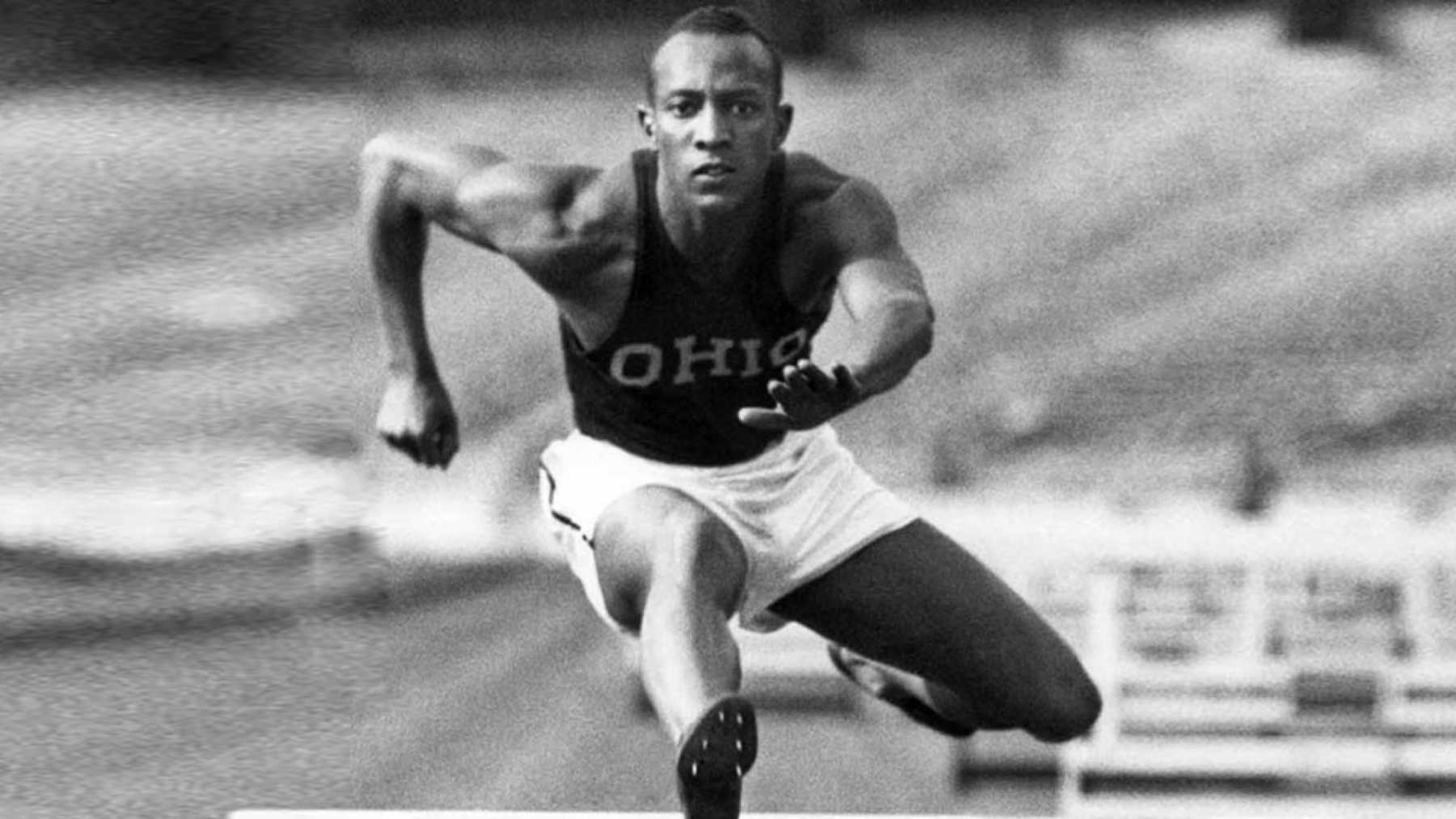What needs to change to improve your sales performance?
The Olympic motto “Citius, Altius, Fortius” translates from Latin as “Faster, Higher, Stronger.”
Proposed by Pierre de Coubertin at the creation of the International Olympic Committee in 1894, it’s as good a strap line as anyone could have thought of for the games and yet it fails to take into account those sporting pursuits that require exceptional accuracy and endurance.
In his 2014 Ted Talk, David Epstein questions where the real improvement has come from in athletics over the last 100 years or more.
The variance for example, between Jessie Owens (1930s) and Usain Bolt (2010s) is ¾ of a second.
Epstein points out that Owens ran on a track made of cinders whilst Bolt runs on purpose-made carpet.
Where Owens had metal starting blocks, Owens had to dig a hole in the cinders with a spade.
And still only ¾ of a second difference.
Nutrition, technology, footwear, training, psychology have all demonstrated that they can improve performance to varying degrees but if you can’t run to start with then it’s all a bit pointless.
In sales, getting the basics right can often be over looked at the expense of some new technology or technique.
It is beyond argument that technology has improved (and will continue to improve) the sales process and the management of that process.
Prospecting software, data analytics, CRM, social platforms, mobile technology, technographics…there is evidence of performance improvement everywhere but it’s not every monkey with a typewriter that can produce Romeo and Juliet.
If you get what I’m saying.
Up to the arrival of David Brailsford in 1997, British Cycling was anything but high performing.
The previous 76 years had delivered a medal haul of just 1.
Post 1997 British Cycling has delivered well over 40 Olympic medals and 6 British Tour de France winners.
Whilst the theory of marginal gains might have been overshadowed by EPO scandals, the impact of Brailsford’s approach to world cycling is hard not to acknowledge.
In “searching for a marginal improvement in everything you do” Brailsford and his team focused not only on technology but also psychology and physiology, identifying those key performance characteristics, analysing their impact on the desired outcome – presumably speed, consistency, stamina – and then focusing on their development.
So, what are the key characteristics of a high performance sales team?
Before that, what are the key characteristics of YOUR sales team?
What is your desired outcome? (Does your sales team fully understand your vision and therefore the ‘desired outcome’?)
Profit? Market share? Revenue? Territory?
How do those characteristics impact those outcomes?
The characteristics for sales will change from business to business in the same way as they do from 100m sprinting to endurance cycling.
In sport if you’re not good enough you are replaced by someone who is.
With your sales teams you are going to have to mostly work with what you’ve got.
A parallel from sport management to sales management is undoubtedly ‘detail’ as typified by Graham Henry / All Blacks, Clive Woodward / England, Guardiola / Barcelona, Jim Gavin / Dublin.
Get the basics wrong and all of the technology and psychoanalysis in the world won’t help.
Shift Control is a business improvement consultancy specialising in sales training, sales coaching with individuals and teams. For more information email info@shift-control.co.uk







